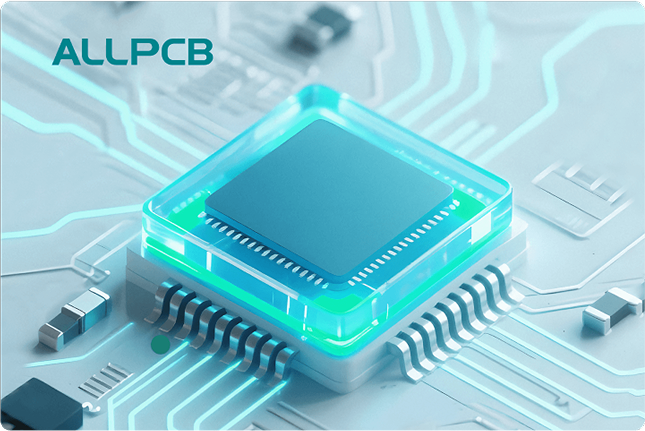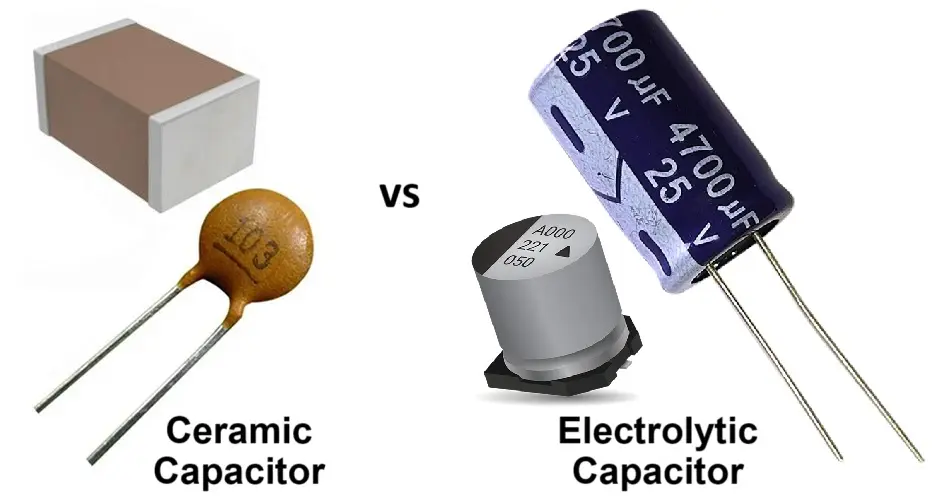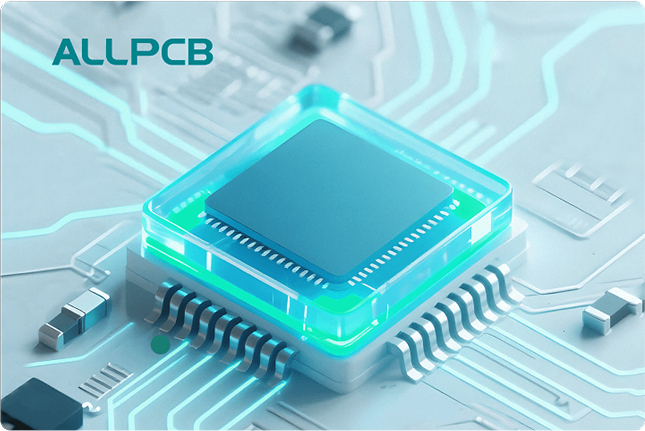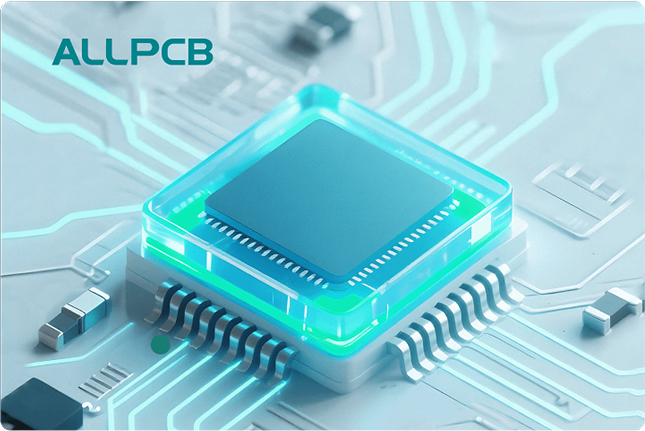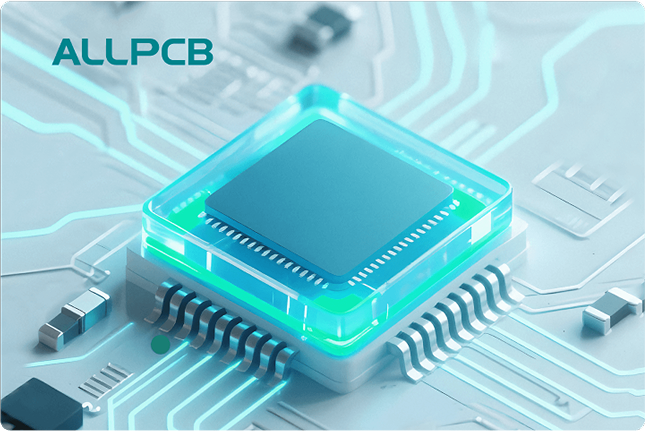If you're working on a rigid-flex PCB assembly project, you might be wondering how to streamline the process while ensuring quality and efficiency. Turnkey services for PCB assembly offer a complete solution, handling everything from design to final testing under one roof. In this blog, we’ll explore why opting for turnkey PCB assembly is a game-changer for rigid-flex projects, diving deep into the benefits, processes, and how it can save time, reduce costs, and improve outcomes for engineers and businesses alike.
What Are Turnkey Services for Rigid-Flex PCB Assembly?
Turnkey services refer to a full-service approach in PCB manufacturing and assembly where a single provider manages every step of the process. For rigid-flex PCB projects, which combine rigid and flexible circuit boards into a single design, this means handling complex design requirements, component sourcing, assembly, and testing without the need for multiple vendors. This all-in-one solution is especially valuable for projects that demand precision, as rigid-flex PCBs are often used in high-performance applications like medical devices, aerospace systems, and wearable technology.
By choosing turnkey PCB assembly, you eliminate the hassle of coordinating between different suppliers for fabrication, parts procurement, and assembly. Instead, a dedicated team oversees the entire workflow, ensuring seamless integration and faster turnaround times. Let’s break down why this approach is ideal for rigid-flex projects.

Key Benefits of Turnkey Services for Rigid-Flex PCB Assembly
1. Simplified Project Management
Rigid-flex PCB projects often involve intricate designs that require precise alignment between rigid and flexible layers. Managing such complexity across multiple vendors can lead to miscommunication, delays, and errors. With turnkey PCB assembly services, you work with a single point of contact. This simplifies project management, as the provider coordinates every aspect—from initial design validation to final testing—ensuring that all components and processes align perfectly.
For instance, in a typical rigid-flex project for a medical wearable device, the design might include multiple layers with specific impedance requirements (e.g., 50 ohms for high-speed signals). A turnkey provider ensures that the design files are optimized for manufacturing and that the assembly process maintains these critical specifications without requiring constant oversight from your team.
2. Cost Efficiency Through Streamlined Processes
One of the standout advantages of full-service PCB solutions is cost savings. When you handle component sourcing, fabrication, and assembly separately, you often face hidden costs like shipping fees, minimum order quantities for parts, and potential rework due to mismatched components. Turnkey services consolidate these steps, leveraging bulk purchasing power for components and reducing overhead costs.
As an example, sourcing a specific microcontroller for a rigid-flex board might cost 30% more when ordered in small quantities by an individual company. A turnkey provider, with established supplier relationships, can secure the same part at a lower price, passing the savings on to you. Additionally, by catching design or assembly issues early through integrated testing, turnkey services minimize expensive rework, which can account for up to 15-20% of project costs in fragmented workflows.
3. Faster Time-to-Market with Quick Turnaround
Time is critical in industries relying on rigid-flex PCBs, such as consumer electronics and automotive systems. Turnkey PCB manufacturing services prioritize quick turnaround by managing all stages in-house. Without the delays caused by shipping between vendors or waiting for third-party approvals, projects can move from prototype to production in significantly less time.
For instance, a turnkey provider might complete a small-batch rigid-flex PCB assembly project in as little as 5-7 days for prototypes, compared to 2-3 weeks when coordinating multiple vendors. This speed is crucial for startups or companies looking to test and launch innovative products ahead of competitors.

4. Enhanced Quality Control and Reliability
Rigid-flex PCBs are often used in applications where reliability is non-negotiable, such as aerospace control systems or implantable medical devices. A turnkey approach ensures consistent quality control at every stage of the PCB assembly process. Since the same team oversees design, fabrication, and assembly, they can implement strict testing protocols tailored to the project’s needs, like thermal cycling tests or signal integrity checks for high-speed data transmission (e.g., ensuring signal speeds up to 10 Gbps).
By contrast, working with separate vendors might result in inconsistent quality standards or overlooked issues during handoffs. A turnkey provider conducts in-house inspections, such as Automated Optical Inspection (AOI) and X-ray testing, to detect defects like misaligned layers or soldering issues before the final product reaches you.
5. Expertise in Handling Complex Rigid-Flex Designs
Rigid-flex PCBs are inherently complex, combining the durability of rigid boards with the adaptability of flexible circuits. This hybrid nature requires specialized knowledge in material selection (e.g., polyimide for flexible layers), stack-up design, and assembly techniques to prevent stress fractures at rigid-flex junctions. Turnkey providers often have dedicated engineering teams with experience in these areas, ensuring that your design is manufacturable and meets performance goals.
For example, a rigid-flex design for a foldable smartphone might require precise bend radii (e.g., 3mm) to avoid damaging conductive traces. A turnkey service can validate the design through simulations and prototype testing, recommending adjustments before full-scale production begins.
Understanding the Turnkey PCB Assembly Process for Rigid-Flex Projects
To fully appreciate the value of turnkey services, it’s helpful to understand how the PCB assembly process unfolds under this model. Here’s a step-by-step look at how a turnkey provider handles rigid-flex projects.
Step 1: Design Review and Validation
The process begins with a thorough review of your rigid-flex PCB design files. The turnkey provider checks for potential manufacturing issues, such as improper layer alignment or unrealistic bend requirements. They may use Design for Manufacturability (DFM) tools to suggest optimizations, ensuring the design meets both functional and production requirements.
Step 2: Component Sourcing and Procurement
Once the design is finalized, the provider takes over PCB component sourcing. They procure all necessary parts, from resistors and capacitors to specialized connectors for rigid-flex applications. By leveraging their supply chain networks, they ensure components are available on time and meet quality standards, avoiding delays due to part shortages.
Step 3: Fabrication of Rigid-Flex Boards
During fabrication, rigid and flexible layers are manufactured and laminated together. This step requires precision to maintain electrical connectivity and structural integrity at transition zones. Turnkey providers use advanced equipment to achieve tight tolerances, such as maintaining trace widths within ±0.002 inches for high-density designs.
Step 4: Assembly and Soldering
Next, components are assembled onto the rigid-flex board using techniques like Surface Mount Technology (SMT) for compact layouts or Through-Hole Technology (THT) for added durability. Automated pick-and-place machines ensure accurate component placement, while soldering processes are optimized to prevent thermal stress on flexible areas.
Step 5: Testing and Quality Assurance
After assembly, the boards undergo rigorous testing to verify functionality. This includes electrical tests to check for short circuits, open connections, and signal integrity (e.g., ensuring impedance matches within ±5% of the target value). Functional testing may also simulate real-world conditions to confirm the board performs as intended.
Step 6: Final Delivery
Once testing is complete, the finished rigid-flex PCBs are packaged and delivered to you. Turnkey services often include detailed documentation, such as test reports and assembly notes, to support integration into your final product.

Why Choose Turnkey Services for Your Next Rigid-Flex Project?
Rigid-flex PCB projects come with unique challenges, from balancing design complexity to meeting tight deadlines. Turnkey PCB manufacturing services address these challenges head-on by offering a comprehensive, hassle-free solution. Whether you’re a startup developing a prototype or an established company scaling production, the benefits of simplified management, cost savings, faster delivery, and superior quality make turnkey services a smart choice.
Moreover, the expertise provided by turnkey providers ensures that even the most intricate rigid-flex designs are executed flawlessly. With their ability to handle everything from PCB component sourcing to final testing, you can focus on innovation while they take care of the technical details.
Applications of Rigid-Flex PCBs with Turnkey Services
Rigid-flex PCBs are critical in industries where space constraints, durability, and performance are paramount. Turnkey services enhance the development of these applications by ensuring precision and reliability. Some common use cases include:
- Medical Devices: Rigid-flex boards in pacemakers or diagnostic equipment benefit from turnkey services that guarantee biocompatibility and reliability through strict testing.
- Aerospace Systems: Lightweight and durable rigid-flex designs for avionics are optimized with turnkey expertise to withstand extreme conditions.
- Wearable Technology: Compact devices like smartwatches rely on rigid-flex PCBs for flexibility, with turnkey services ensuring seamless integration of components.
- Automotive Electronics: Rigid-flex boards in sensors and control units are produced efficiently through turnkey processes to meet industry standards.
How to Select the Right Turnkey Service Provider
Not all turnkey providers are created equal, especially for rigid-flex PCB assembly projects. Here are some key factors to consider when choosing a partner:
- Experience with Rigid-Flex Designs: Look for a provider with a proven track record in handling hybrid PCB projects, as this ensures they understand the unique challenges involved.
- Comprehensive Capabilities: Ensure they offer end-to-end services, including design support, component sourcing, and advanced testing facilities.
- Quality Certifications: Check for industry certifications like ISO 9001 or IPC standards, which indicate a commitment to quality and reliability.
- Scalability: Choose a provider that can support both small prototype runs and large-scale production as your needs grow.
- Lead Times: Confirm their ability to deliver within your project timeline, especially if quick turnaround is a priority.
Conclusion: Streamline Your Rigid-Flex PCB Projects with Turnkey Services
Turnkey services for rigid-flex PCB assembly projects offer an unmatched combination of convenience, efficiency, and quality. By entrusting your project to a full-service PCB provider, you gain access to expert knowledge, streamlined processes, and cost-effective solutions that help bring your designs to life faster and with greater reliability. From handling complex design requirements to ensuring rigorous quality control, turnkey PCB assembly is the ideal choice for engineers and businesses looking to optimize their workflow.
Whether you’re developing cutting-edge wearable tech or critical aerospace systems, partnering with a turnkey provider can make all the difference. Embrace the benefits of this all-in-one approach and take your rigid-flex PCB projects to the next level with confidence.
 ALLPCB
ALLPCB


